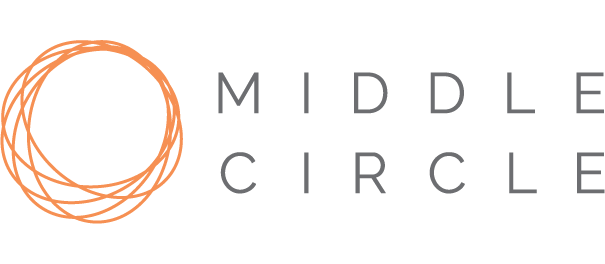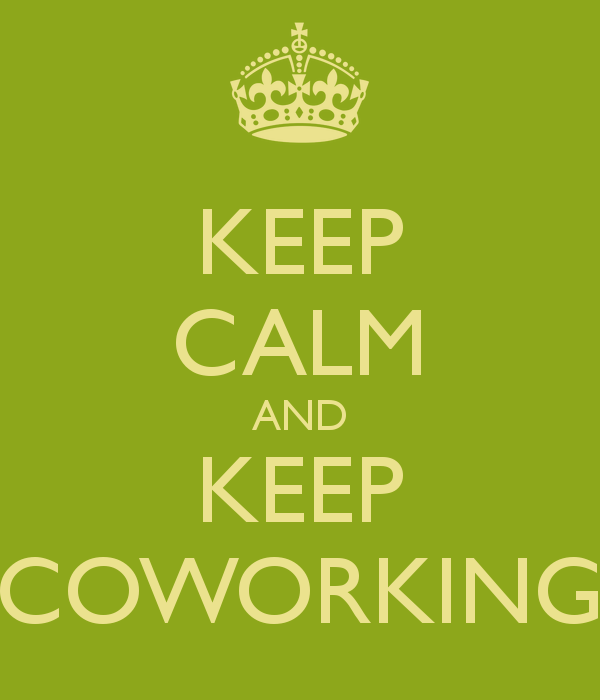Richard Fry of the Pew Research Center writes on the generational changes taking places between Millennials and Baby Boomers.
Read moreDeep Work: Middle Circle's curated evening of Curiosity, Community and Social Good is on Sat. August 13
On Saturday, August 13 2016, Middle Circle will present another large event with a unique focus on creating a unique space for exploring the intersection of meaning and fun and foster belonging and a greater sense of community.
Read moreOpening a Door
Evolution No. 1 – A New blog series exploring Evolution by Middle Circle's resident scientist
Image from WikiMedia Commons
A blog series exploring Evolution by Middle Circle's resident scientist, Chris Emerling Ph.D.
Read moreDo you think the way we live today makes forming middle circle relationships more difficult? →
Check out this interesting Vox article by David Roberts that explores how our housing choices may play a role.
Read moreMiddle Circle Co-Working Day? →
Middle Circle is thinking about starting a co-working day and needs your input on the day and regularity. If you are interested in participating please click the link below and respond to this Doodle Poll: http://doodle.com/poll/vzrdd4fyfgqeit7d
Read moreMiddle Circle launches new community for the Spiritual but not Religious

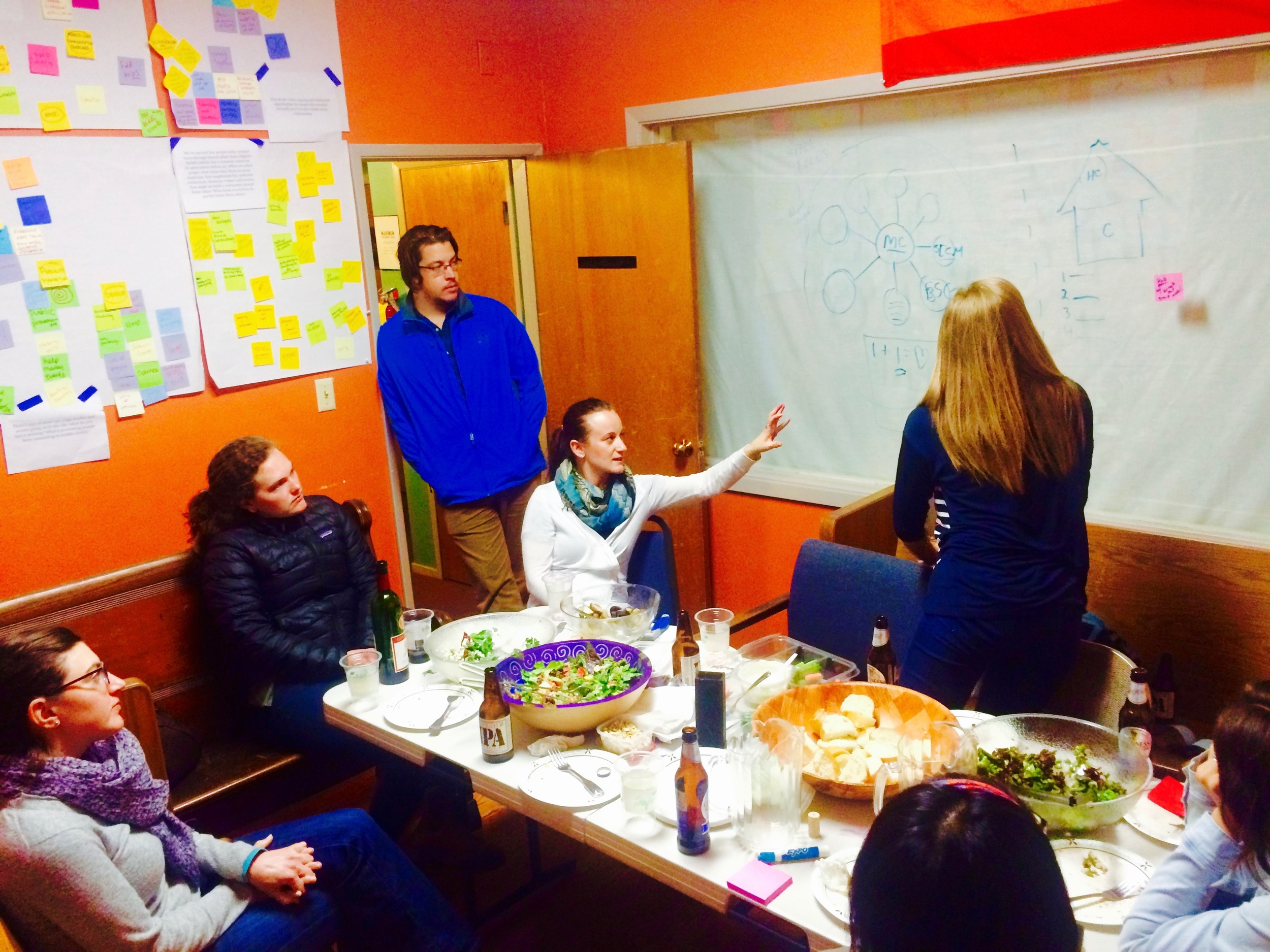
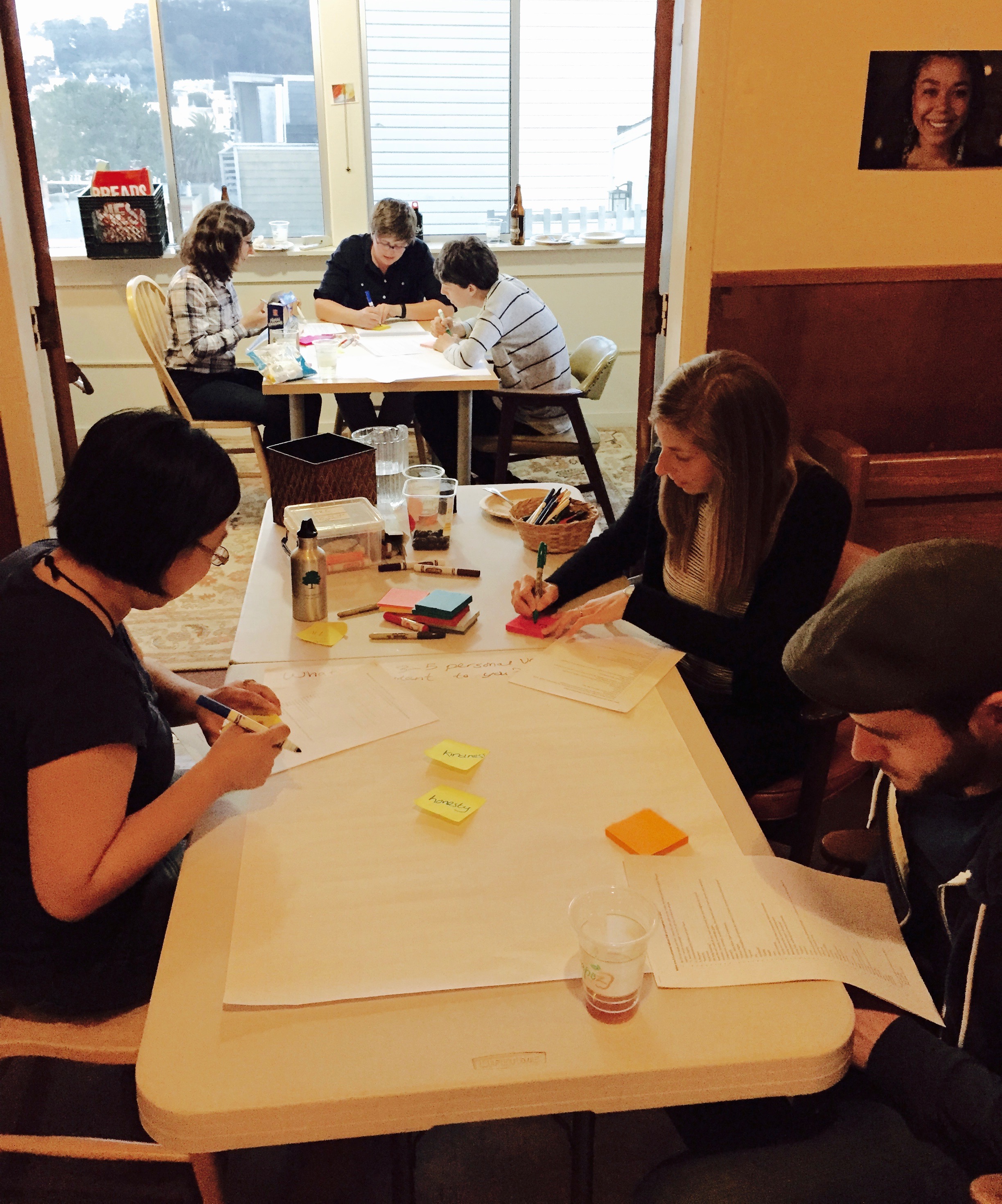
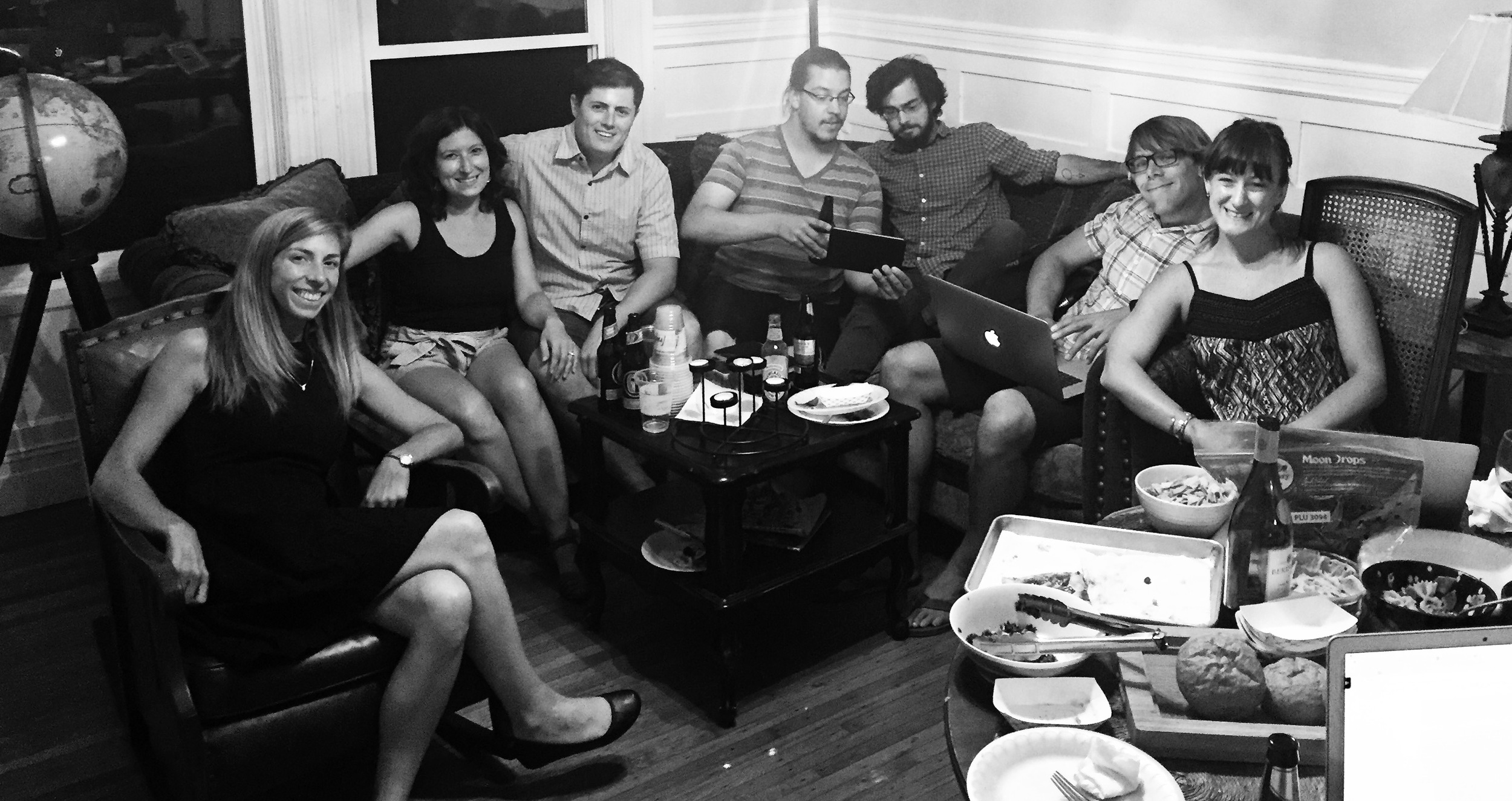

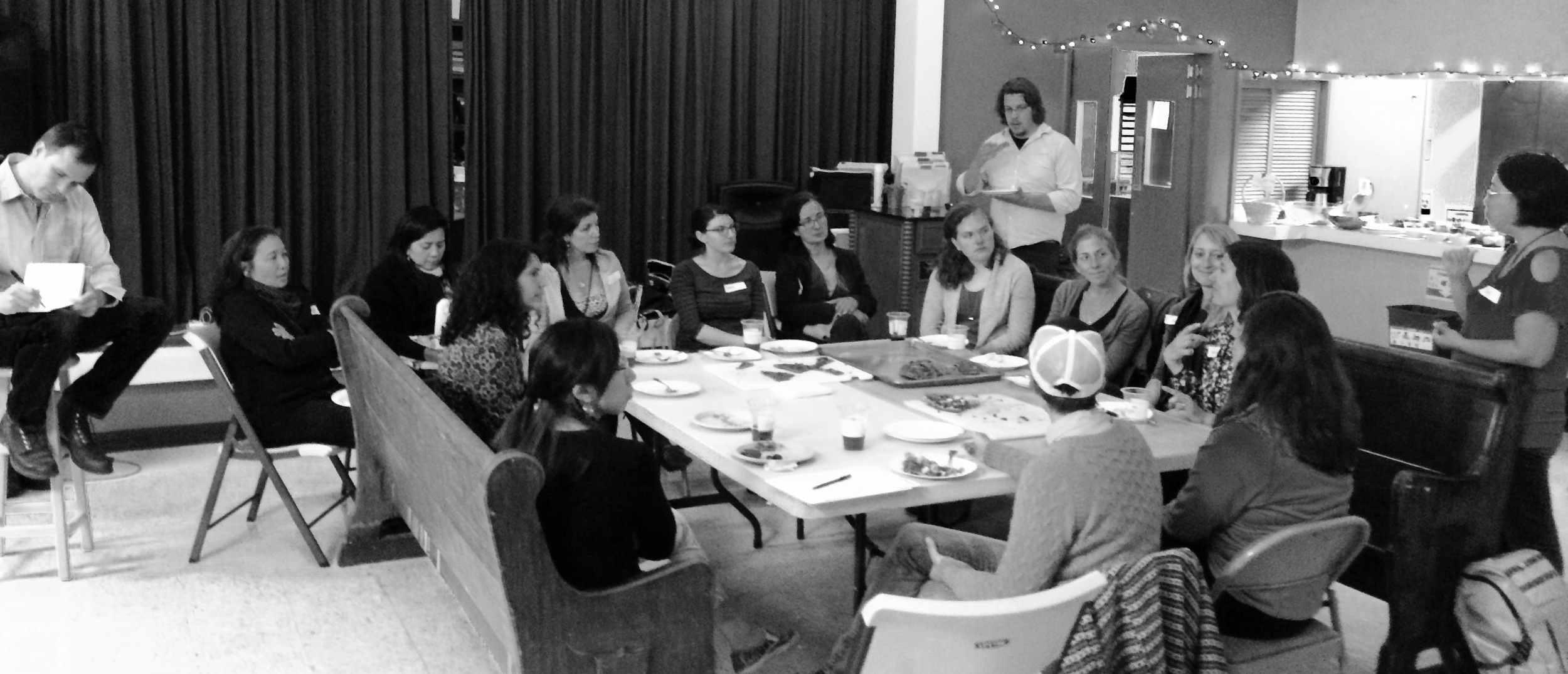
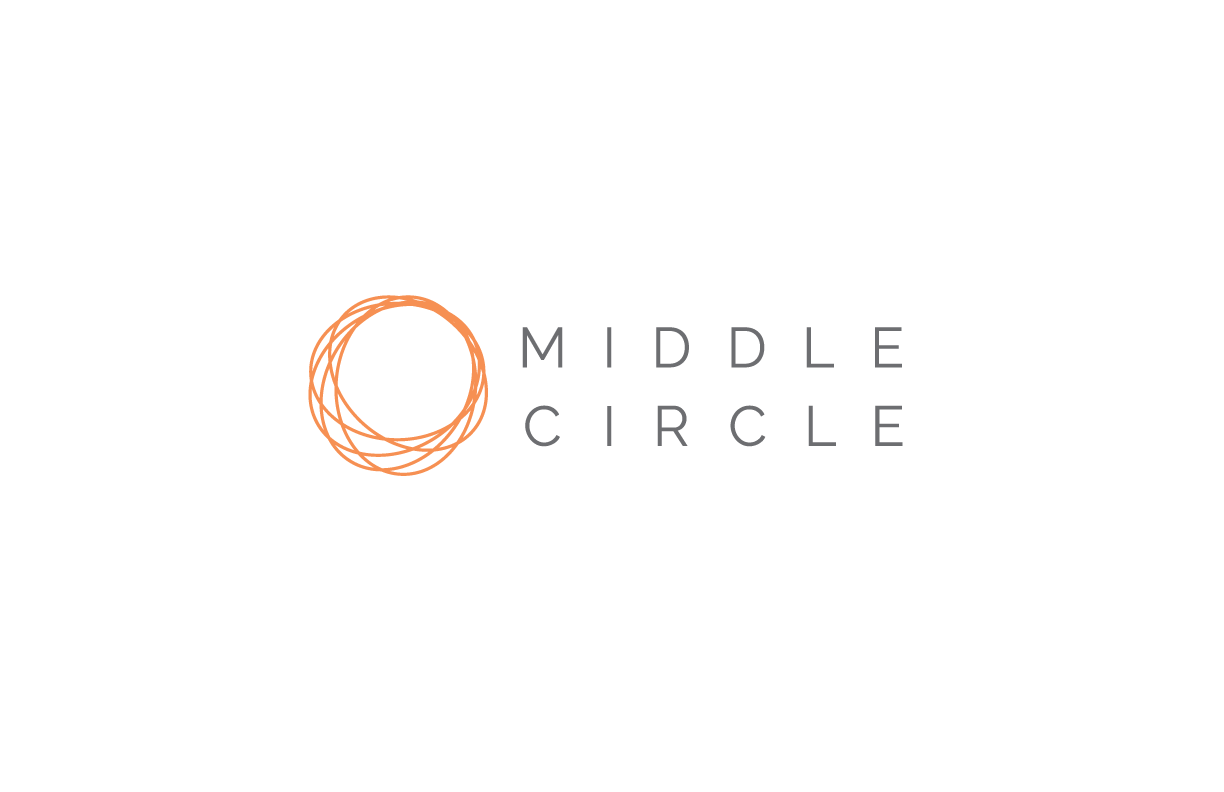
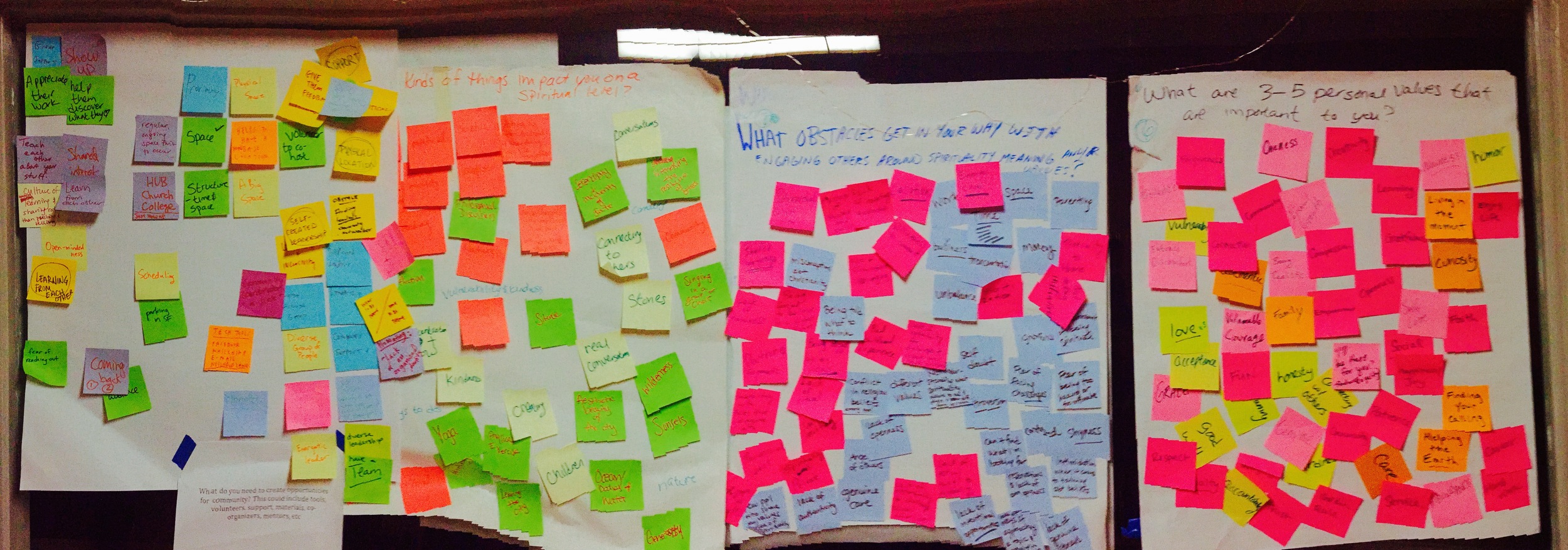


Satisficer or Maximizer?
Have you heard about Satisficers and Maximizers? We learned about the concept from Gretchen Ruben:
Satisficers are those who make a decision or take action once their criteria are met. That doesn’t mean they’ll settle for mediocrity; their criteria can be very high; but as soon as they find the car, the hotel, or the pasta sauce that has the qualities they want, they’re satisfied.
Maximizers want to make the optimal decision. So even if they see a bicycle or a photographer that would seem to meet their requirements, they can’t make a decision until after they’ve examined every option, so they know they’re making the best possible choice. Want to know if you are a Satisficer or a Maximizer? Here's a great scientifically based quiz to help you out. Oh, and if you're a maximizer, you might want to see the research behind the concept. If so, here's a link to the original paper from the Journal of Personal and Social Psychology.
Want to know if you are a Satisfier or a Maximizer? Here's a great scientifically based quiz to help you find out.
Oh, and if you're a maximizer (wink wink), you might want to read the actual research behind the concept. If so, check out this paper from the Journal of Personal and Social Psychology.
Origins of "Middle Circle."
The concept of "Middle Circle" was a birthed out of data collected during our human centered design process and the book, The Vanishing Neighbor, by Marc J. Dunkelman. Hats off to one of our original designers, Amanda Nelson, for introducing the human centered design team to the book. Here's a short blurb about the book by the publisher, W.W. Norton & Company.
The Vanishing Neighbor: The Transformation of American Community
Marc J. Dunkelman (Author)
A sweeping new look at the unheralded transformation that is eroding the foundations of American exceptionalism.
Americans today find themselves mired in an era of uncertainty and frustration. The nation's safety net is pulling apart under its own weight; political compromise is viewed as a form of defeat; and our faith in the enduring concept of American exceptionalism appears increasingly outdated.
But the American Age may not be ending. In The Vanishing Neighbor, Marc J. Dunkelman identifies an epochal shift in the structure of American life—a shift unnoticed by many. Routines that once put doctors and lawyers in touch with grocers and plumbers—interactions that encouraged debate and cultivated compromise—have changed dramatically since the postwar era. Both technology and the new routines of everyday life connect tight-knit circles and expand the breadth of our social landscapes, but they've sapped the commonplace, incidental interactions that for centuries have built local communities and fostered healthy debate.
The disappearance of these once-central relationships—between people who are familiar but not close, or friendly but not intimate—lies at the root of America's economic woes and political gridlock. The institutions that were erected to support what Tocqueville called the "township"—that unique locus of the power of citizens—are failing because they haven't yet been molded to the realities of the new American community.
It's time we moved beyond the debate over whether the changes being made to American life are good or bad and focus instead on understanding the tradeoffs. Our cities are less racially segregated than in decades past, but we’ve become less cognizant of what's happening in the lives of people from different economic backgrounds, education levels, or age groups. Familiar divisions have been replaced by cross-cutting networks—with profound effects for the way we resolve conflicts, spur innovation, and care for those in need.
The good news is that the very transformation at the heart of our current anxiety holds the promise of more hope and prosperity than would have been possible under the old order. The Vanishing Neighbor argues persuasively that to win the future we need to adapt yesterday’s institutions to the realities of the twenty-first-century American community.
